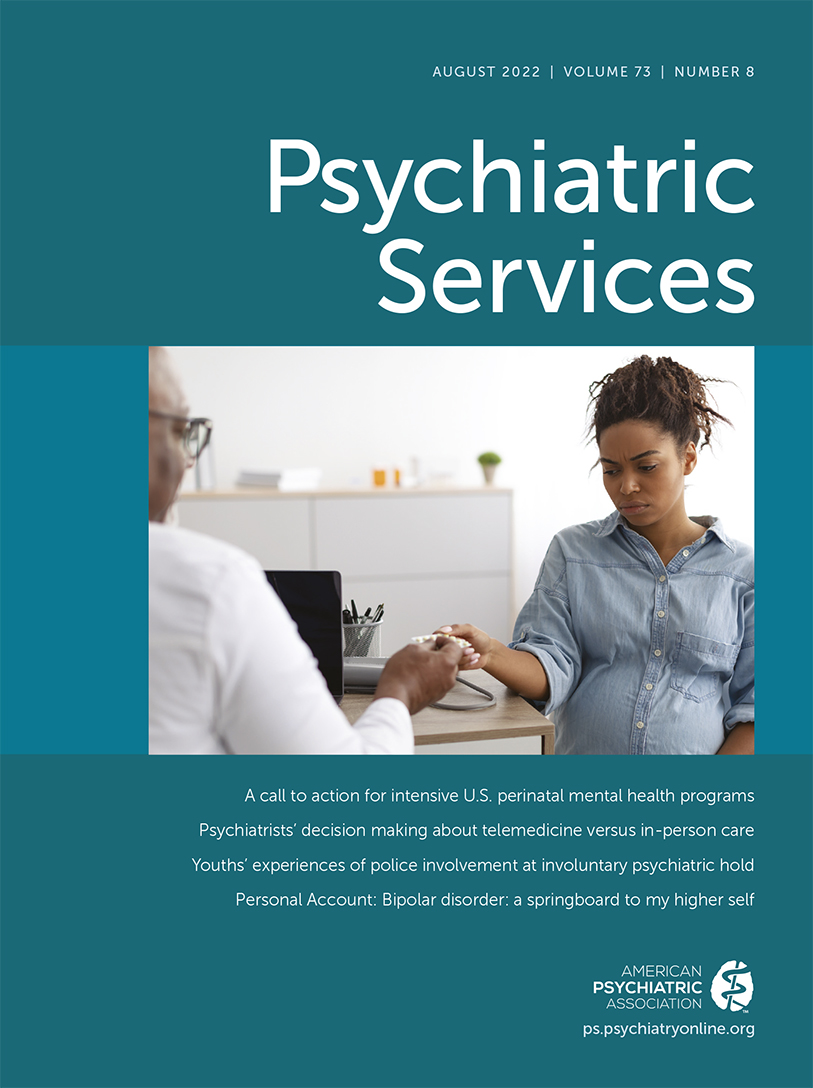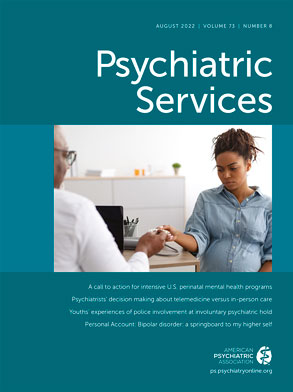Finding the Rainbow in the Deluge: Community Mental Health Perspectives on Psychosocial Impacts of COVID-19 in India
Abstract
The Reality of Primary Care Psychiatry in India
Impact of the Pandemic on Primary Care Psychiatry
Finding Meaning in the Pandemic: The “Rainbow in the Deluge” Model
DELUGE: How Has This Pandemic Affected Our Lives?
D: Death and disease.
E: Emotions all over the place.
L: Lifestyle changes in every aspect of our life.
U: Understanding of self is shaken.
G: Grappling with new demands.
E: End of the world as we know it.
RAINBOW: What Can We Do to Cope Better With What Lies Ahead?
R: Rest, reflect, and renew.
A: Accept and adapt.
I: Identify ourselves as rooted in our worldview.
N: Normalize emotions.
B: Be good stewards of time.
O: Open up and seek help.
W: Work-family balance.
Conclusions and the Way Forward
Supplementary Material
- View/Download
- 99.53 KB
References
Information & Authors
Information
Published In
History
Keywords
Authors
Funding Information
Metrics & Citations
Metrics
Citations
Export Citations
If you have the appropriate software installed, you can download article citation data to the citation manager of your choice. Simply select your manager software from the list below and click Download.
For more information or tips please see 'Downloading to a citation manager' in the Help menu.
View Options
View options
PDF/EPUB
View PDF/EPUBLogin options
Already a subscriber? Access your subscription through your login credentials or your institution for full access to this article.
Personal login Institutional Login Open Athens loginNot a subscriber?
PsychiatryOnline subscription options offer access to the DSM-5-TR® library, books, journals, CME, and patient resources. This all-in-one virtual library provides psychiatrists and mental health professionals with key resources for diagnosis, treatment, research, and professional development.
Need more help? PsychiatryOnline Customer Service may be reached by emailing [email protected] or by calling 800-368-5777 (in the U.S.) or 703-907-7322 (outside the U.S.).

